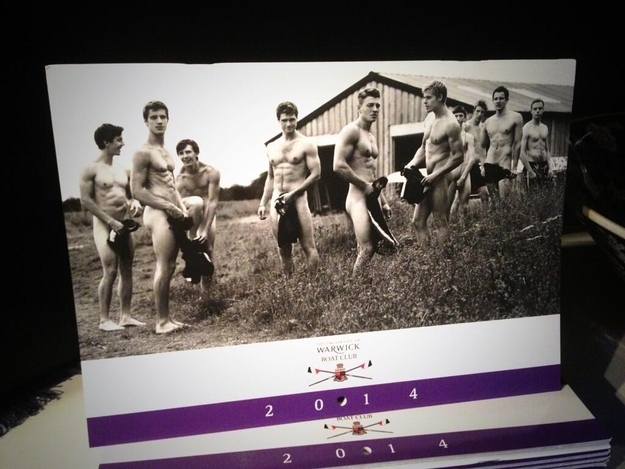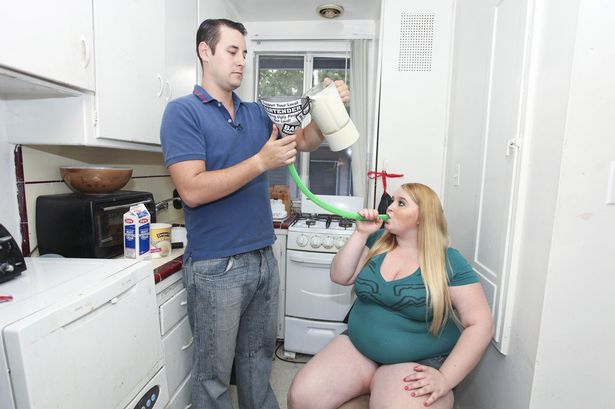From LiveScience:
Bondage Benefits: BDSM Practitioners Healthier Than 'Vanilla' People By Stephanie Pappas
Despite the fact that their sexual preferences are listed in the fifth edition of the Diagnostic and Statistical Manual of Mental Disorders as potentially problematic, people who play with whips and chains in the bedroom may actually be more psychologically healthy than those who don't.
A new study finds that practitioners of bondage, discipline, sadism and masochism, or BDSM, score better on a variety of personality and psychological measures than "vanilla" people who don't engage in unusual sex acts. BDSM is a sexual practice that revolves around those four fetishes.
BDSM is listed in the DSM-5, the newest edition of the definitive psychiatrist's manual, as a paraphilia, or unusual sexual fixation — a label that has caused controversy between kinky communities and psychiatrists, who themselves are mixed on whether sexual predilections belong in the catalog of mental disorders. As written, the DSM-5 does not label BDSM a disorder unless it causes harm to the practitioner or to others.
[…]
Healthy fixation?
None of the participants knew what the surveys were about, other than they were on "human behavior." All told, 902 BDSM practitioners and 434 vanilla (non-BDSM) participants filled out questionnaires on personality, sensitivity to rejection, style of attachment in relationships and well-being.
The researchers chose these baseline measures because previous research on those in the BDSM community has focused on dire outcomes — whether they're more likely to have mental disorders or report rape and abuse compared with the general public. (They aren't, studies have found.)
The new results reveal that on a basic level, BDSM practitioners don't appear to be more troubled than the general population. They were more extroverted, more open to new experiences and more conscientious than vanilla participants; they were also less neurotic, a personality trait marked by anxiety. BDSM aficionados also scored lower than the general public on rejection sensitivity, a measure of how paranoid people are about others disliking them.
People in the BDSM scene reported higher levels of well-being in the past two weeks than people outside it, and they reported more secure feelings of attachment in their relationships, the researchers found.
Of the BDSM practitioners, 33 percent of the men reported being submissive, 48 percent dominant and 18 percent "switch," or willing to switch between submissive and dominant roles in bed. About 75 percent of the female BDSM respondents were submissive, 8 percent dominant and 16 percent switch.
These roles showed some links to psychological health, such that dominants tended to score highest in all quarters, submissives lowest and switches in the middle. However, submissives never scored lower than vanilla participants on mental health, and frequently scored higher, Wismeijer told LiveScience.
"Within the BDSM community, [submissives] were always perceived as the most vulnerable, but still, there was not one finding in which the submissives scored less favorable than the controls," he said.
Read the rest here.
















